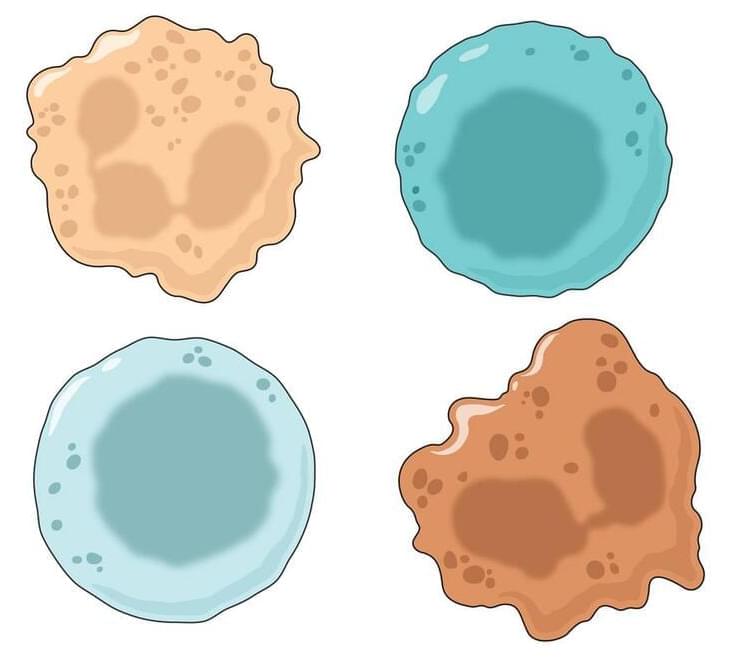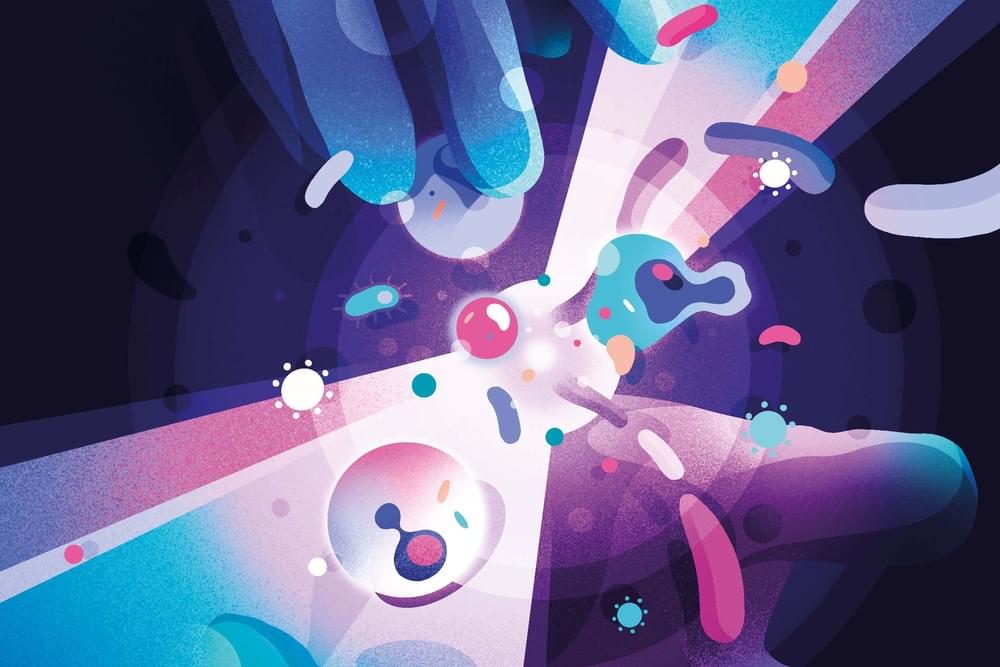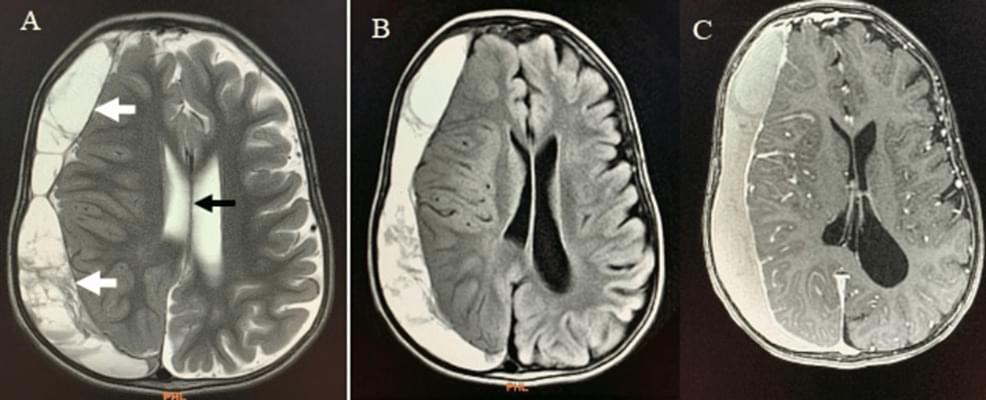With AI impact being much discussed at davos, the oliver wyman forum has suggested that workforces must be more aligned in digital strategies to succeed.
Get the latest international news and world events from around the world.


How human robot collaboration will affect the manufacturing industry
How human-robot collaboration will affect the manufacturing industry — https://bit.ly/3S7Skfa
By Nitin Rawat, Manufacturing Head, Addverb
Robotics are employed to boost production and efficiency in the manufacturing sector, and they are capable of working in any hazardous setting. Robotic arms are also employed to perform effective work in the industries. It has been years since the introduction of collaborative robots in the manufacturing industry, and they have now been applied in several applications at manufacturing facilities. Robots these days are exceptionally programmable and controllable, allowing them to perform complex tasks using AI and automation.
Robot applications in manufacturing include assembly, welding, shipping, handling raw materials, and product packing. Robots nowadays collaborate with human workers (co-bots) on practically every task. In manufacturing, robotics is used to automate repetitive activities and streamline assembly workflows. Many industries are now using robots for hazardous and time-consuming tasks that can endanger workers.



A radical new theory rewrites the story of how life on Earth began
It has long been thought that the ingredients for life came together slowly, bit by bit. Now there is evidence it all happened at once in a chemical big bang.


Large Head in Asymptomatic Child: A Subtle Presentation of Connective Tissue Disorder With Spontaneous Significant Intracerebral Bleed
Three years old boy with reassuring development had presented to the Pediatric Neurology clinic with a referral due to a large head. Occipito-frontal circumference was more than 97th centile with an unremarkable neurological examination. MRI brain exhibited an acute on chronic large right frontoparietal subdural hematoma with prominent mass effect. Consequentially, the hematoma was evacuated by the neurosurgeon. Postoperative recovery stayed satisfactory. Hematology workup showed normal coagulation and clotting factors levels. Whole exome sequencing (WES) study revealed heterozygous variant c.5187G>A p.(Trp1729• in gene FBN1 — pathogenic for Marfan syndrome. However, this variant has not yet been reported in association with cerebral arteritis/intracerebral bleed. On follow-up, the child remained asymptomatic clinically with static head size.

Computational Capabilities That Will Transform the World
By Chuck Brooks
Computing paradigms as we know them will exponentially change when artificial intelligence is combined with classical, biological, chemical, and quantum computing. Artificial intelligence might guide and enhance quantum computing, run in a 5G or 6G environment, facilitate the Internet of Things, and stimulate materials science, biotech, genomics, and the metaverse.
Computers that can execute more than a quadrillion calculations per second should be available within the next ten years. We will also rely on clever computing software solutions to automate knowledge labor. Artificial intelligence technologies that improve cognitive performance across all envisioned industry verticals will support our future computing.
Advanced computing has a fascinating and mind-blowing future. It will include computers that can communicate via lightwave transmission, function as a human-machine interface, and self-assemble and teach themselves thanks to artificial intelligence. One day, computers might have sentience.